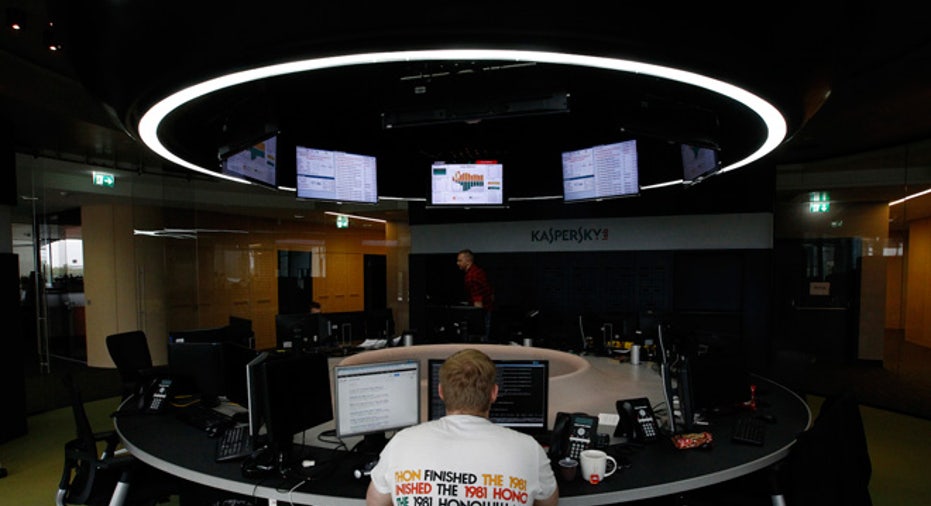The Future for Global Value Transfers

For the financial purist, the idea of a sustainable digital currency is as fanciful as Santa Claus. But don’t say that to the believers who are convinced alternative payment methods -- like Bitcoin – are practical technology that has enabled new forms of payment protocols and value systems to enter the global economy.
Ripple Protocol is one such result of crypto-currency’s popularity. The payment system was developed by Ripple Labs and allows users to exchange fiat currency, digital currency, and other units of value across all borders.
I had a chance to sit down with Ripple Labs’ co-founder and CEO Chris Larsen to discuss his company’s groundbreaking technology.
What is the idea behind the Ripple Protocol?
Larsen: Bitcoin showed us that through a decentralized global ledger you could create a global system that doesn’t rely on a central operator. The Ripple protocol is a real-time settlement protocol that makes it easier for banks and individuals to transfer and exchange all types of values.
We think that the bigger opportunity is not just to create another digital currency – there are plenty of those - but rather to use that technology as a way of building a settlement system with no central operator.
Right now, for example, it takes 1 - 2 days to move value between the US and Europe and there a lot of fees associated with that transfer. The Ripple protocol makes these types of transfers immediate and less costly.
What kind of value can be transferred via the ripple network?
Larsen: Ripple is currency agnostic and value agnostic. You can exchange gold, airline miles, dollars, rupees, etc. Anything you can assign value to can be moved throughout the network. Without the dependency of a central operator, in theory, anything can be exchanged as long as the parties involved trust the liability and the counterparty.
Who is currently using the Ripple protocol?
Larsen: We don’t view the Ripple protocol as a consumer-facing protocol yet, although consumers can use it. Right now banks are our primary market. Our belief is that consumers will be better served if their existing banks employ a distributed payment protocol - like Ripple. When this happens consumers will be able to realize the benefits. For example, today I could not go to my bank and easily send $5 overseas. However, with the Ripple protocol in place I could send $5 to my family in India to buy them movie tickets as they wait in line. The money will get there almost instantaneously and at the very best dollar to rupee rate.
Why would banks adopt the Ripple protocol?
Larsen: Most banks today have to pay corresponding bank fees and accept the exchange rates they are given when dealing with global transactions. This can be a big cost to a bank and a burden.
Ripple simplifies the process by creating point-to-point and transparent transfers in which banks do not have to pay corresponding bank fees.
How does trust play a role in the Ripple protocol?
Larsen: A distributed system with no central operator can lead to global adoption.
Currently, there is no way you can get everybody to trust one central operator as the sole authority – nobody has that kind of global trust. HTTP has that when it comes to communication on the web, and we believe that these types of distributed payment protocols will have the same impact when it comes to the exchange of value.
Why should people want their banks to adopt the Ripple protocol?
Larsen: Your overall banking experience will be improved - you will be able to send small amounts of money globally in seconds and or large amounts of money without paying high exchange rates.
What should people think of when they think about the Ripple protocol?
Larsen: We think of the Ripple Protocol as the Internet of value exchange. Just like HTTP serves as the foundation for data exchange over the web, we are hoping that Ripple will serve as the protocol that will allow value to be exchanged across the globe.
We are creating a bridge between existing walled gardens so that value can be moved in real-time and at lower costs.
John-David Perry (@jdpcyber) holds a BA in Government from Harvard University and a MS in Public Policy from Carnegie Mellon University. He is the co-host of Firewall on FOXBusiness.com. He can be reached at otherhatproductions@gmail.com



















